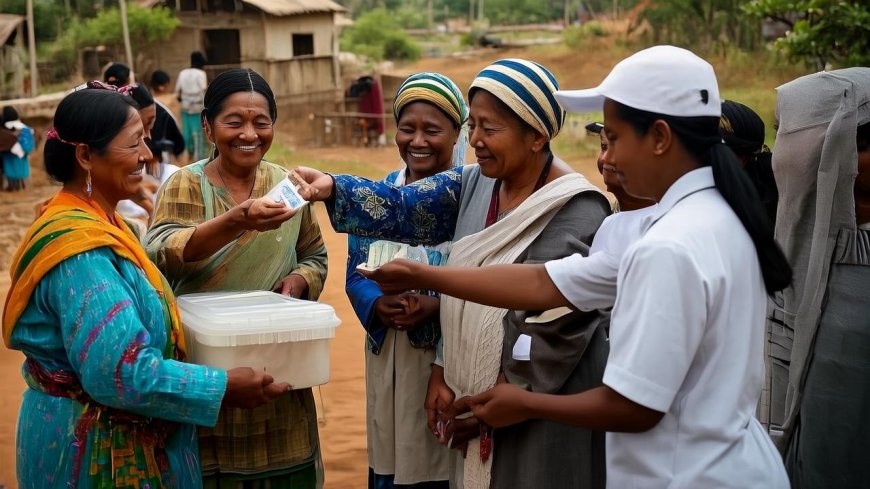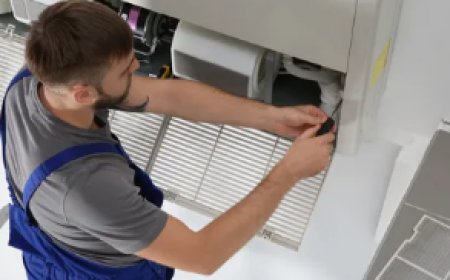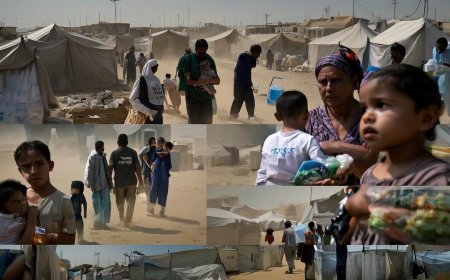Donation Support for Widows: How Your Contribution Makes a Difference
Younger widows with children must suddenly become sole providers while grieving. These difficulties make widow support programs critically important for helping women rebuild their lives after loss.

Widows face unique struggles that often go unnoticed in many societies. The loss of a spouse brings not only emotional pain but also significant financial and social challenges. Many widows suddenly find themselves responsible for all household expenses while dealing with reduced income.
In some cultures, widows face discrimination and lose property rights when their husbands pass away. Older widows may struggle with loneliness and lack of family support. Younger widows with children must suddenly become sole providers while grieving. These difficulties make widow support programs critically important for helping women rebuild their lives after loss.
Why Widows Need Specialized Support Systems
Widowhood creates vulnerabilities that require targeted assistance. Many widows experience sudden poverty as household income drops dramatically. Those in traditional societies may face harmful practices like property grabbing by relatives.
Widowed mothers often work multiple jobs while caring for children alone. Elderly widows frequently lack pensions or retirement savings. The emotional trauma of loss combined with financial stress creates a cycle that's difficult to break without help.
Specialized widow support programs address these interconnected challenges through financial aid, counseling, skills training, and legal assistance tailored to their specific needs.
Types of Donation Support That Help Widows
Effective widow assistance programs provide comprehensive support through various channels. Financial donations help cover immediate needs like food, housing, and children's education. Vocational training programs teach marketable skills for sustainable income. Microfinance initiatives provide small business loans for economic independence.
Counseling services address grief and trauma. Legal aid protects property and inheritance rights. Healthcare access ensures medical needs are met. Educational sponsorships help widows' children break the poverty cycle. Each form of support plays a vital role in helping widows regain stability and hope for the future.
How Donations Transform Widows' Lives
Contributions to widow support programs create measurable, life-changing impacts. A single donation might provide a widow with sewing machine to start a tailoring business. Monthly sponsorships can keep children in school while their mother gets back on her feet. Collective donations fund community centers where widows access services and peer support.
Larger gifts establish vocational training centers that benefit entire communities. Emergency funds prevent families from becoming homeless after sudden loss. Every contribution, regardless of size, helps restore dignity and independence to women facing widowhood's challenges.
Organizations Providing Effective Widow Support
Several reputable organizations specialize in widow assistance worldwide. The Loomba Foundation focuses on educating widows' children and vocational training. Widows' Empowerment Trust provides microloans and business training in developing nations.
Catholic Widows and Widowers offers spiritual and practical support. Local community organizations often run the most direct assistance programs. When donating, it's important to research organizations to ensure they have strong accountability systems and low administrative costs, maximizing the impact of every dollar given to support widows in need.
How to Donate Effectively to Help Widows
Thoughtful giving requires understanding how to make donations most impactful. Regular monthly donations help organizations plan sustainable programs. Designated gifts for specific needs like education or job training ensure funds go where most needed. In-kind donations of professional services (legal, medical, career counseling) provide direct help.
Workplace giving programs can multiply donations through employer matching. Donors should request transparency reports showing how funds are used. Many organizations offer options to sponsor individual widows or families, creating personal connections between donors and recipients.
The Ripple Effect of Supporting Widows
Helping widows creates benefits that extend far beyond individual recipients. When a widow gains stability, her children are more likely to stay in school and break poverty cycles. Employed widows contribute to local economies. Empowered widows often mentor others facing similar challenges.
Communities with strong widow support systems see reduced homelessness and domestic violence. The social return on investment in widow assistance programs is enormous, as stable families create stable communities. Donations to widow support create positive change that lasts for generations.
Overcoming Cultural Barriers to Widow Support
In many societies, cultural norms create additional hardships for widows. Some communities shun widows or restrict their movements. Inheritance laws may prevent women from keeping marital homes. Harmful traditional practices sometimes force widows into undesirable situations.
Effective support programs work within communities to change attitudes while providing immediate help. Education campaigns challenge stigma. Legal aid clinics help widows understand their rights. Local leaders are engaged to become advocates. Donations fund these crucial awareness programs alongside direct assistance, creating lasting social change.
Long-Term Solutions Beyond Immediate Aid
While emergency assistance is vital, sustainable solutions create permanent improvements. Education initiatives help younger widows gain qualifications for better jobs. Savings cooperatives teach financial management skills. Advocacy programs work to change discriminatory laws.
Mentorship networks connect new widows with those further along in recovery. Housing projects create affordable homes for widows and children. Donations to these long-term programs help break systemic cycles of widow poverty rather than just providing temporary relief.
FAQs
What percentage of my donation actually reaches widows?
Reputable organizations spend at least 80-90% of donations directly on programs. Always review financial reports before giving.
Can I sponsor a specific widow or family?
Many organizations offer direct sponsorship programs that connect donors with individual widows or families needing support.
Are donations to widow support tax-deductible?
In most countries, donations to registered nonprofit widow organizations qualify for tax deductions. Check with your local tax authority.
How can I verify an organization's credibility?
Look for independent ratings on charity watchdog sites, read annual reports, and check how long they've been operating.
What's better - one-time or recurring donations?
Recurring donations help organizations plan ahead, but both are valuable depending on your financial situation.
Can I donate items instead of money?
Some organizations accept specific in-kind donations like school supplies or sewing machines - check their current needs first.
How else can I help besides donating money?
Volunteering skills, fundraising, raising awareness, or offering professional services can all make significant impacts.
The Lasting Impact of Supporting Widows
Donations to widow support programs represent one of the most effective forms of humanitarian giving. These contributions don't just provide temporary relief - they restore dignity, create opportunities, and break destructive cycles of poverty. Every widow helped represents a family stabilized, children educated, and a life transformed. In a world where widowhood often brings isolation and hardship, donor support sends a powerful message that these women are not forgotten. Through thoughtful, sustained giving, we can help widows worldwide rebuild their lives with hope and independence.





























